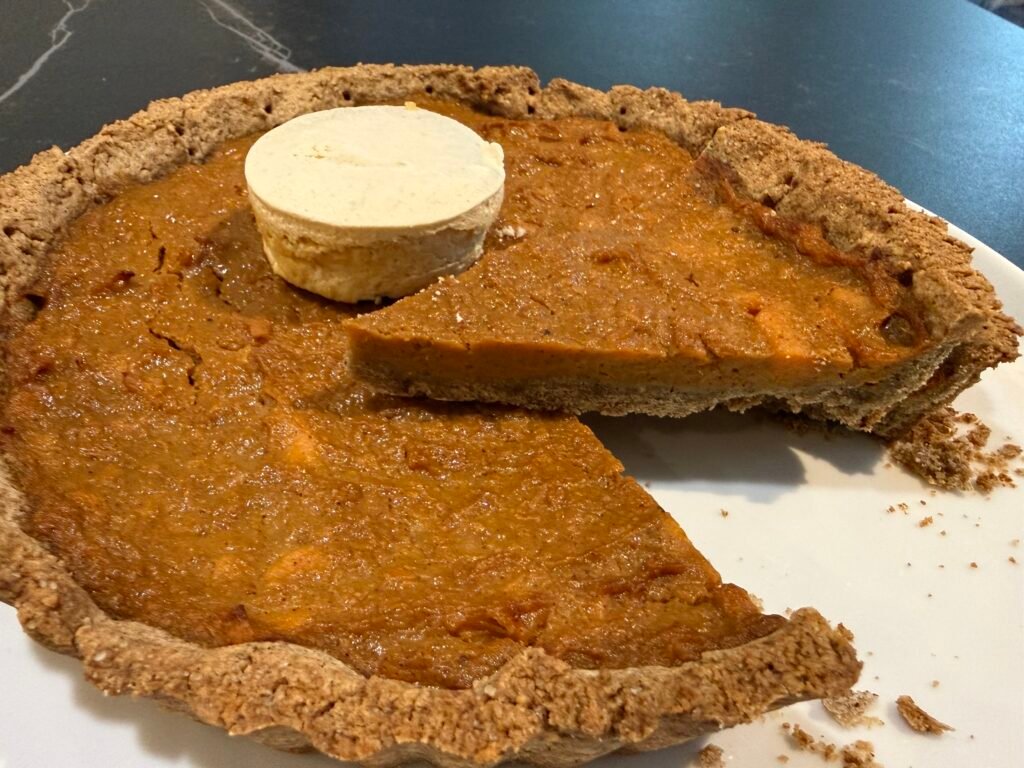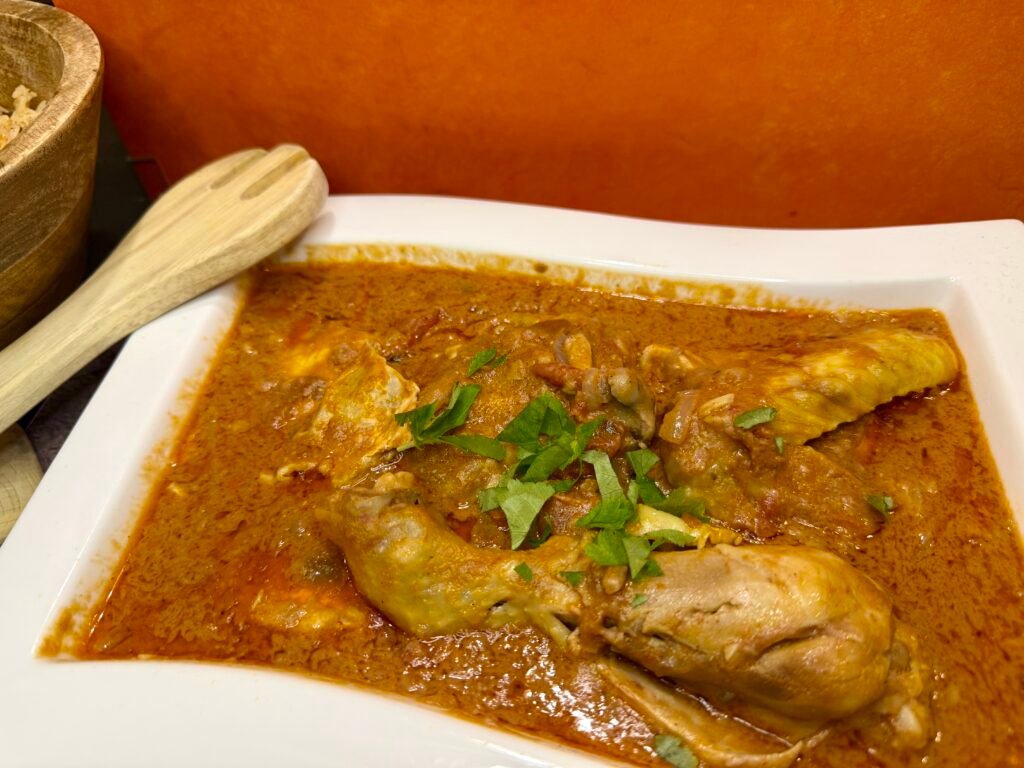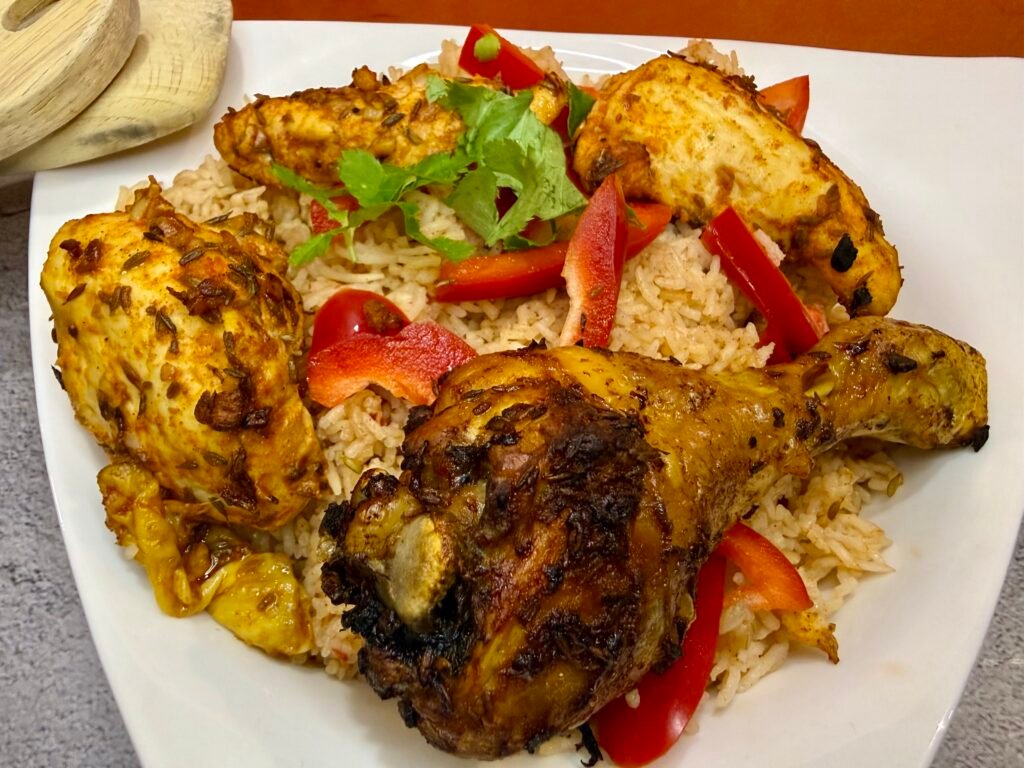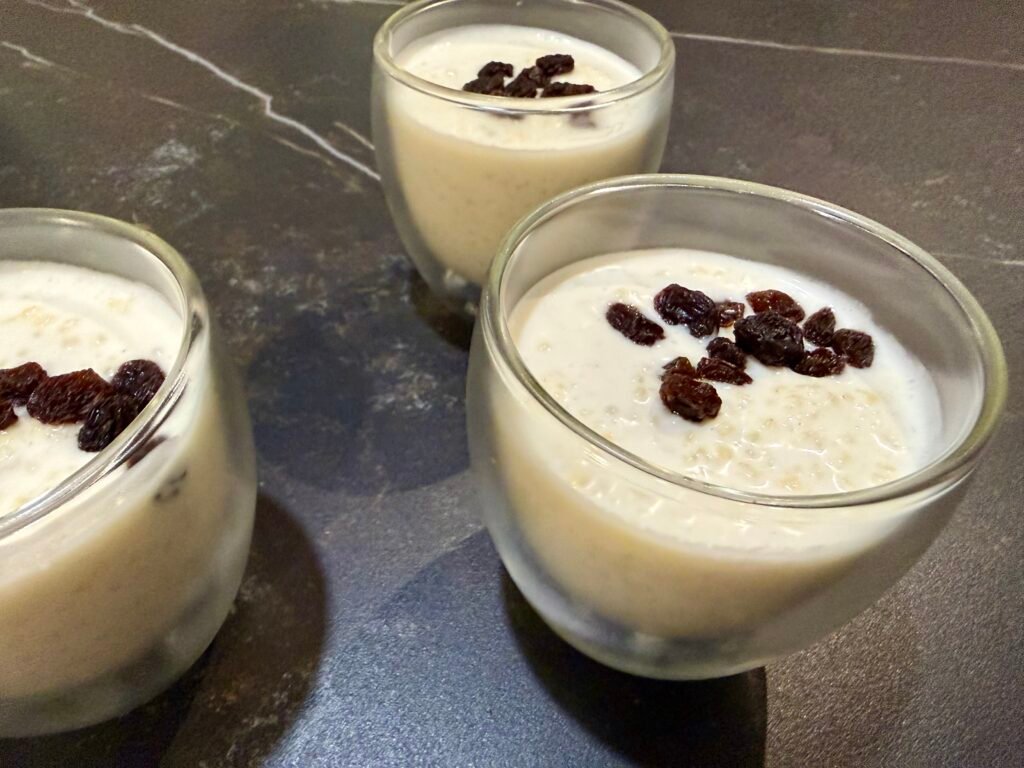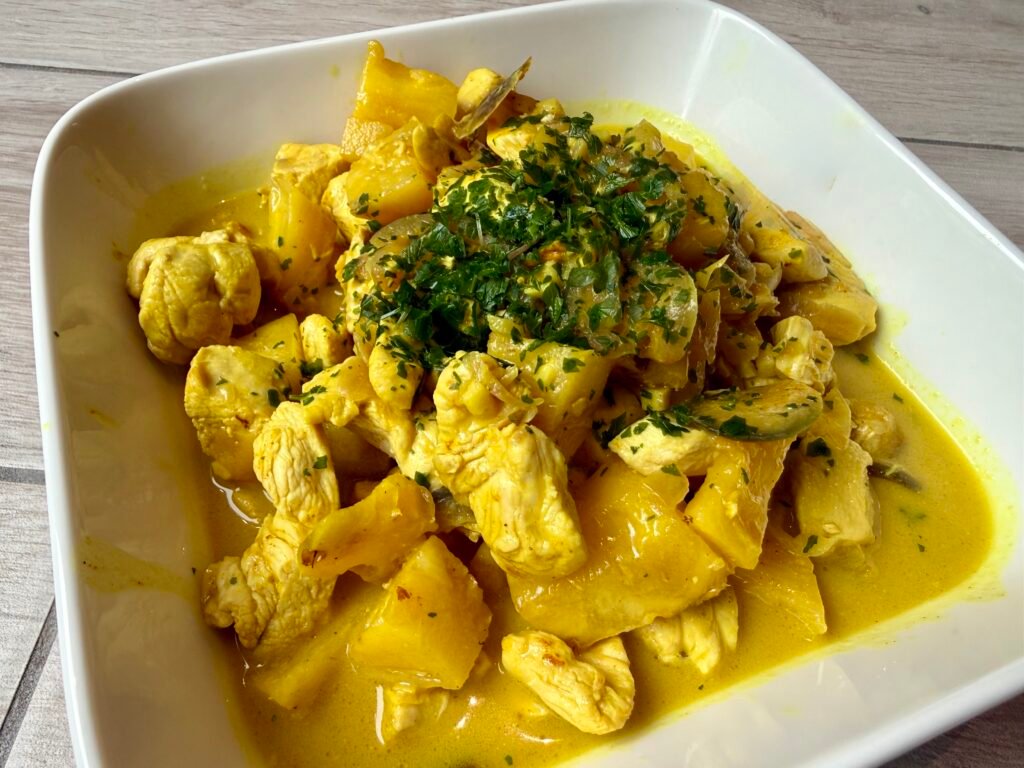Cyprus, located at the crossroads of Europe, Asia and Africa, is an island with multiple cultural influences. Its rich history dates back to ancient times, with successive civilizations such as the Greeks, Romans, Byzantines, Ottomans and British. This historical diversity has shaped Cypriot culture, where Greek Orthodox traditions coexist with Mediterranean and Middle Eastern influences. Cyprus is today a popular tourist destination, known for its beaches, picturesque villages, and impressive cultural heritage. The country celebrates numerous festivals, where music, dance and cuisine take center stage.
Cyprus is an island where ancient history blends with vibrant contemporary culture, providing a unique setting for visitors.
Traditional Gastronomy and Gluten Free Options
Cypriot cuisine is a blend of Mediterranean and Middle Eastern flavors, with a wide variety of dishes based on fresh vegetables, grilled meats and dairy products. Fortunately, many traditional dishes are naturally gluten-free, making Cyprus an ideal destination for those following a gluten-free diet.
Here are some naturally gluten-free Cypriot dishes:
- Souvla : Large pieces of meat (lamb, pork or chicken) slowly grilled on a spit, often served with grilled vegetables. This dish is naturally gluten-free.
- Sheftalia : Spicy ground meat sausages wrapped in a natural membrane, grilled and served with vegetables. A naturally gluten-free dish.
- Grilled Halloumi : This famous Cypriot cheese is often grilled and served as a starter or side dish. It is naturally gluten-free.
- Koupepia : Vine leaves stuffed with rice and meat, a traditional and naturally gluten-free dish.
These Cypriot dishes are a great way to discover local flavors while following a gluten-free diet.
The Must-See Things to Visit in Cyprus
Cyprus is an island full of natural and historical wonders to explore. Here are some essential sites to visit during your stay:
- Nicosia : The capital of Cyprus is the only city divided in two in the world, with a Greek part and a Turkish part. It offers a fascinating cultural and historical wealth, with museums and markets to discover.
- Paphos : Listed as a UNESCO World Heritage Site, this city is famous for its Roman mosaics, its royal tombs and its legends linked to the goddess Aphrodite.
- Troodos Mountains : This mountain range is home to Byzantine monasteries, traditional villages and hiking trails, perfect for nature lovers.
- Larnaca : Famous for its beaches, St. Lazarus Church and ancient ruins, this coastal town is a relaxing and cultural destination.
These places offer a glimpse of the historical and natural wealth of Cyprus, where every visitor can find something to their liking.


